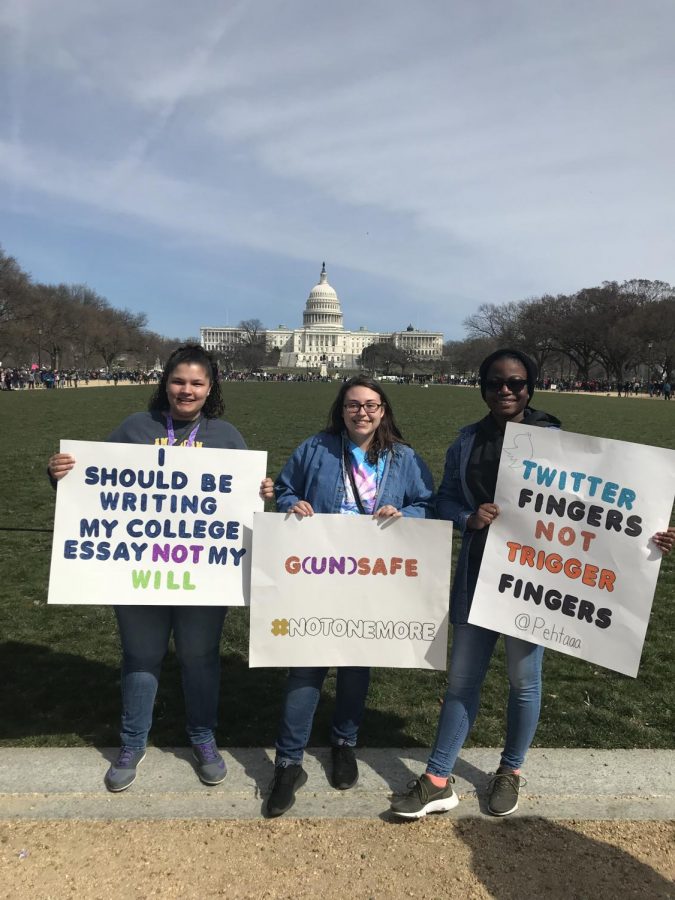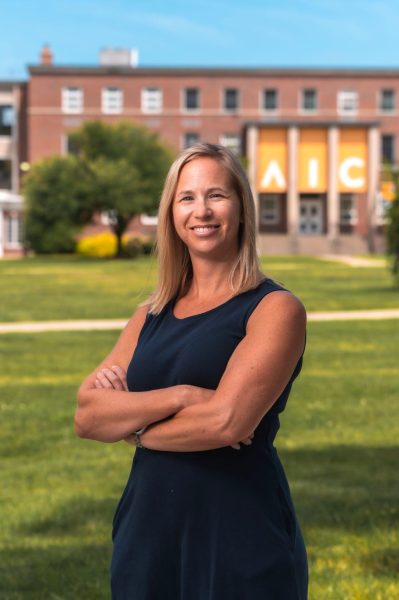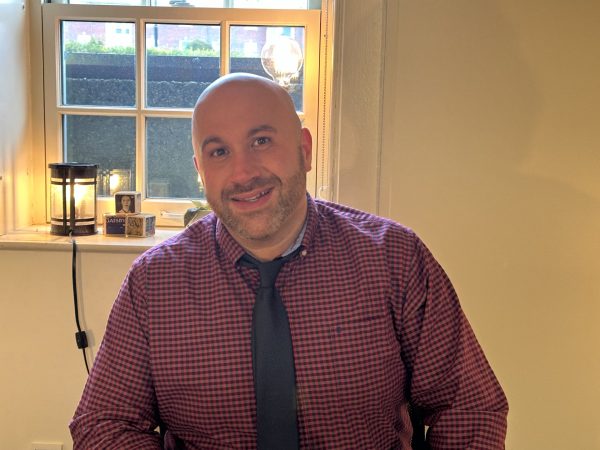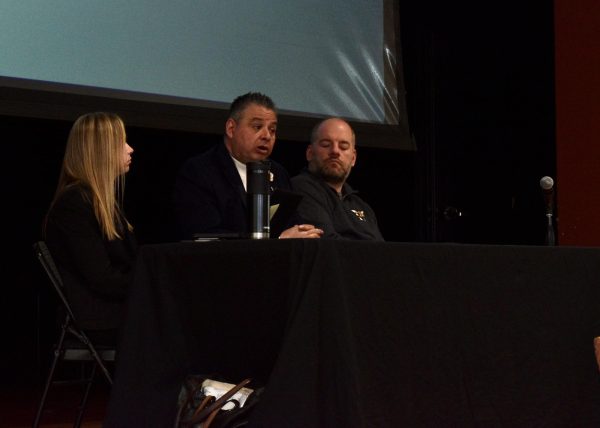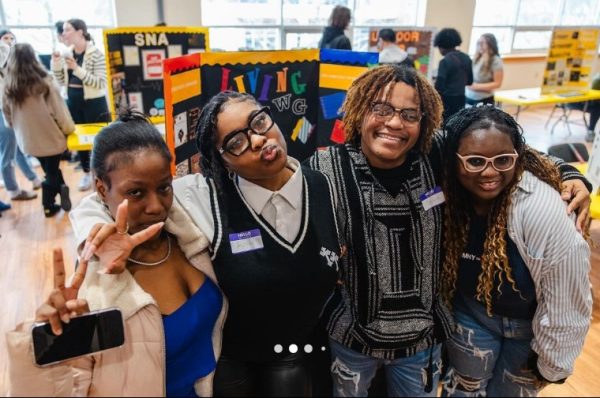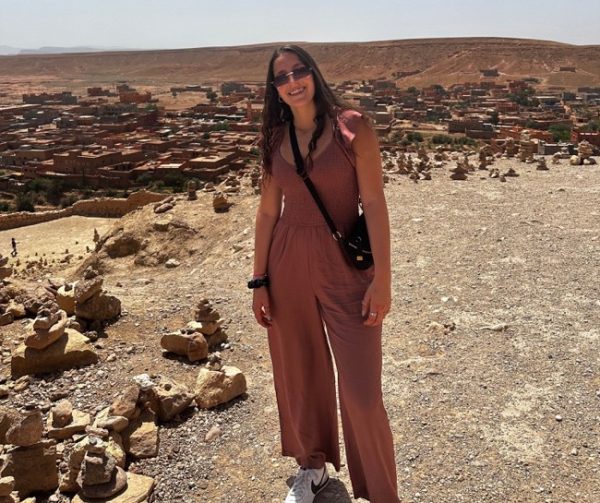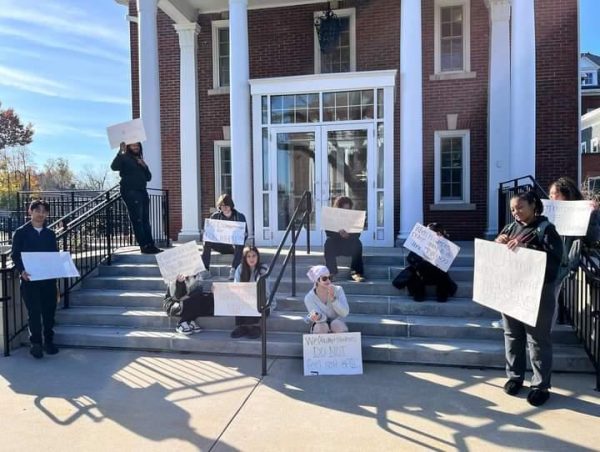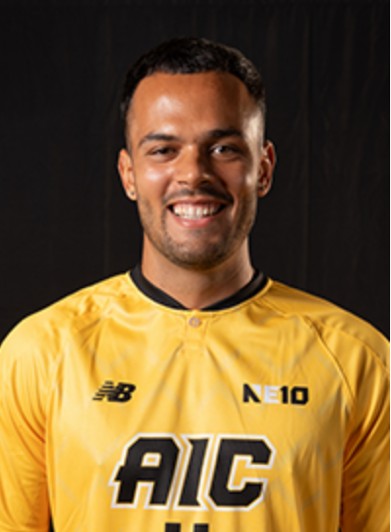AIC students take on D.C. at ‘March for Our Lives’
April 16, 2018
February 14, 2018 was a tough time for America, specifically those in Parkland, Florida.
An armed teenager walked into a high school with bags filled with guns and ammunition, then decided that this school would be the next target.
Seventeen students and teachers were robbed of their lives, some saving others, some just being in the wrong spot at the wrong time.
Ever since that happened, there has been a wave of marches and rallies, bringing many together to end gun violence and standing up for those who lost their lives in Parkland, Florida, along with the others who lost their lives in schools and those victims of gun violence.
On March 24, cities and towns across the world participated in the March for Our Lives, a movement for gun control and school-safety measures.
Speakers included those from Marjory Stoneman Douglas High School and others whose families were victims of gun violence, along with Miley Cyrus, Jennifer Hudson, Demi Lovato, Kim Kardashian-West, Kanye West and many more.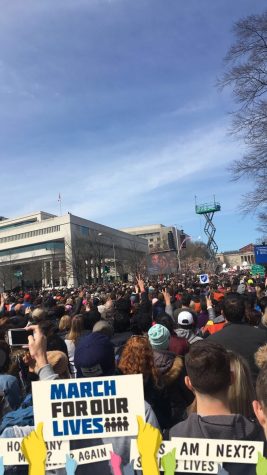
Among those who were marching alone in Washington D.C. were 500,000 registered and many more who attended. Some of the sister marches were held in Amsterdam, London, Spain, Boston, New York, and many other places around the world.
I had the pleasure of attending the march in Washington D.C., where the main attraction was being held. The march started in the afternoon and the speeches ended around 3 p.m. People continued to march and walk around Washington D.C., holding their signs up and protesting some more.
Two students from American International College and a student from Westfield State also attended the march as well, so I decided to talk to them about their experiences at the march.
Peta-Gaye Ricketts, a Public Health and Sociology Major from American International College who attended the march in Washington D.C. with me, weighed in
Erin Stalker: “Why did you attend the march in Washington D.C.?”
Peta-Gaye Ricketts: “For the experience. I felt that it was important to go to stand up for those who lost their lives to guns in school and out.”
ES: “Was this the first march you have ever been too for something like this?”
PGR: “Yes.”
ES: “What did you expect to happen at the rally?”
PGR: “I expected a lot of shouting and a form of chaos, but there wasn’t much shouting going on when I was there.”
ES: “What is the message that you hope others will get from this march that did not attend or that do not have the same views as you and those who went?”
PGR: “I hope people understand that children are the future and they shouldn’t have to worry about their lives being taken in school. I did not grow up that way. There was none of that going on, we were just worrying about growing up and being successful. These kids have to worry about if someone will come into their school and threaten their lives.”
I also had the chance to interview Caitlin Sobolewski, a Special Education Major from American International College who attended a sister march in Northampton, Massachusetts.
Erin Stalker: “Who did you go with?”
Caitlin Sobolewski: “I went with my sister, her friend, my aunt and uncle and my 9-year-old cousin.”
ES: “Why did you participate in this?”
CS: “I participated because first, I am an aspiring teacher and am worried about the accessibility to guns. I don’t think students should be afraid of getting killed when they go to school, they should worry about learning! Also, I am from a twin town close to Newton where Sandy Hook happened, so I’ve been a pretty big advocate of gun regulation for a while.”
ES: “What did you enjoy most?”
CS: “I enjoyed that the March had been run by High School students. They performed songs and gave empowering speeches. It showed how important this problem is to the youth.”
ES: “And finally, what do you hope people get from these marches?”
CS: “I hope this will limit or completely eliminate school shootings but also improve the mental health of students. This isn’t just a gun problem, it’s a bullying issue so incorporation of better tactics for preventing violent students.”
Finally, I was able to sit down with a student from Westfield State University who attended the march alongside myself in D.C. — Shantel King-Reynolds, a Special Education Major.
Erin Stalker: “Why is this march important to you?”
Shantel King-Reynolds: “I am in school to become a teacher and want to advocate for safer schools. I hope I don’t have to witness something like this, but it is happening so much that people expect it to happen.”
ES: “As a future teacher, what precautions do you think others should take to prevent future shootings in schools?”
SKR: “I think teachers need to focus more of their attention on students and if they see something, they need to say something. Students come to teachers about problems with other students and ask for help and a lot of the time, the teachers just sort of brush it off and I feel like this shouldn’t be happening with what is going on in the world today.”
ES: “Do you think these marches make a difference to the lawmakers?”
SKR: “It’s not only about not having guns, for some people, it’s about having stricter gun laws and restrictions. I feel as if they see what is going on with these marches and how much of an impact they are holding on many lives, but not much is changing in the process.”



